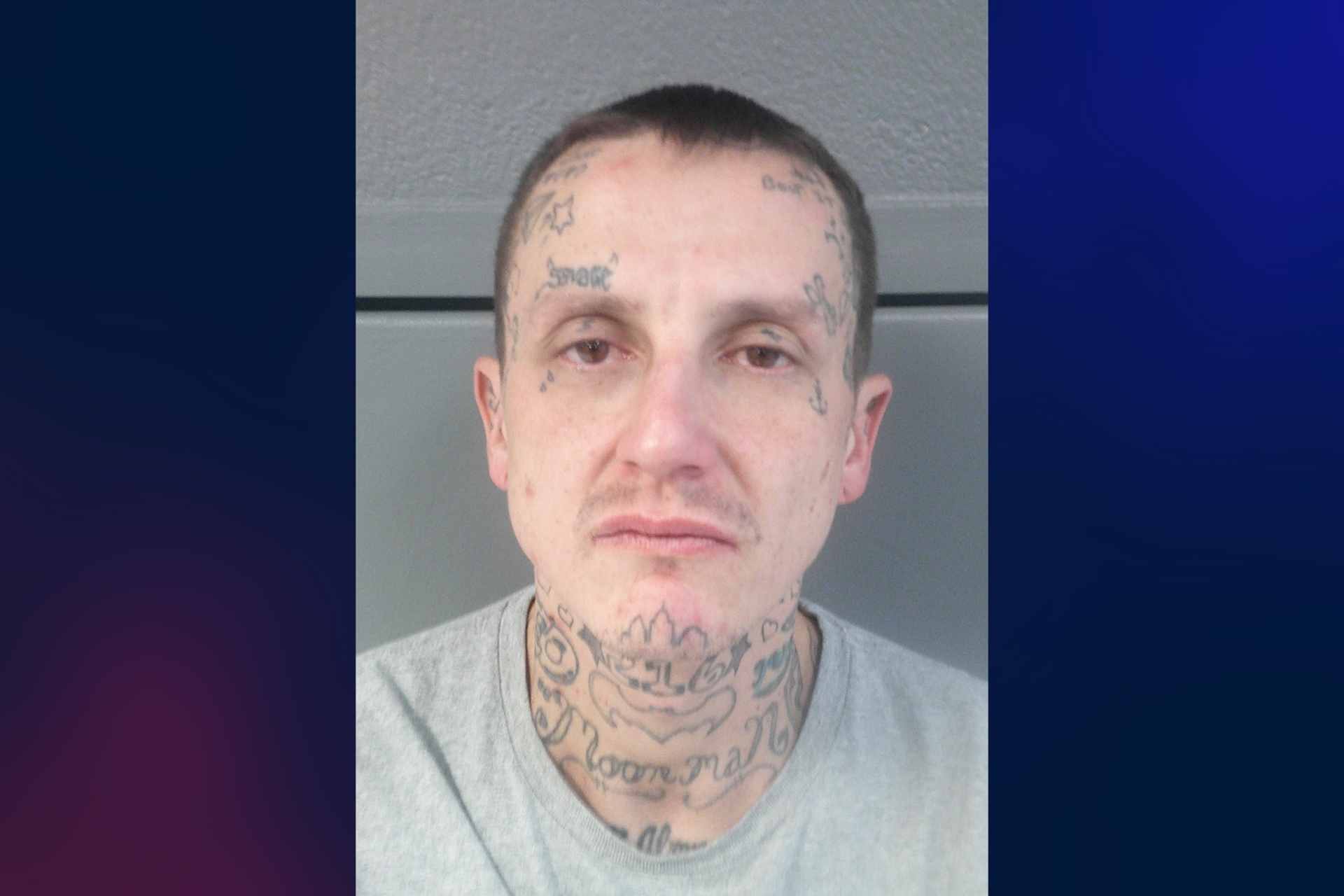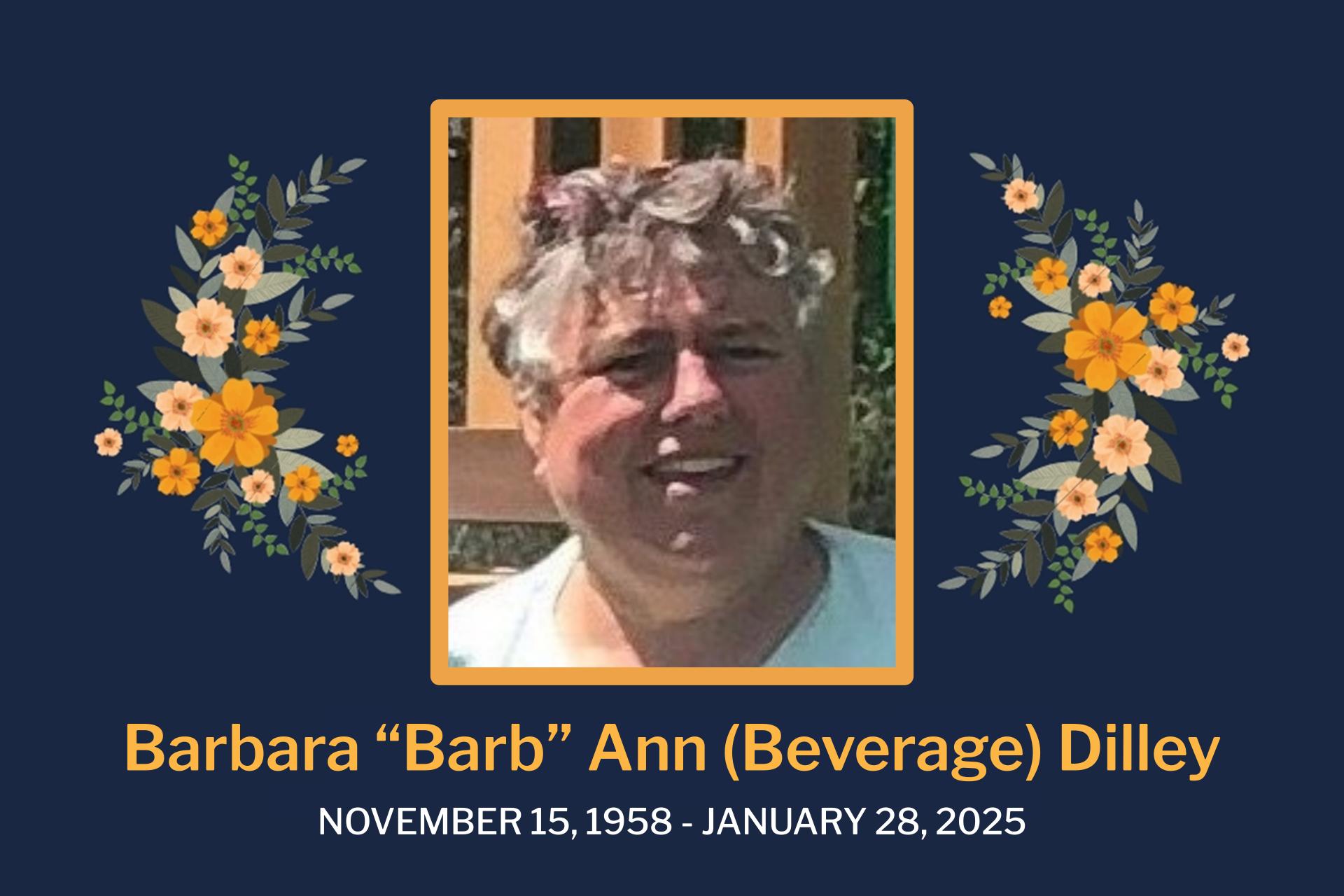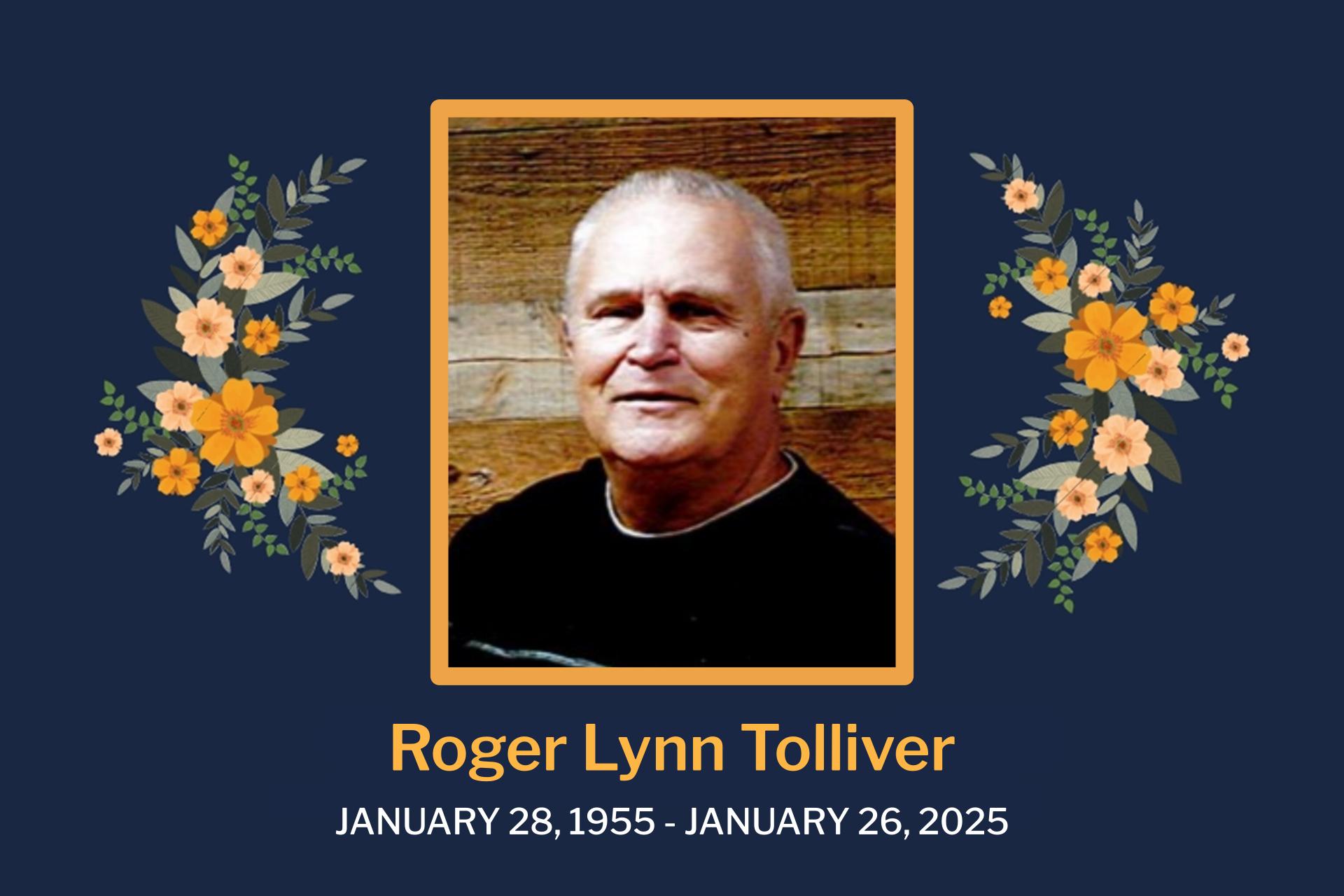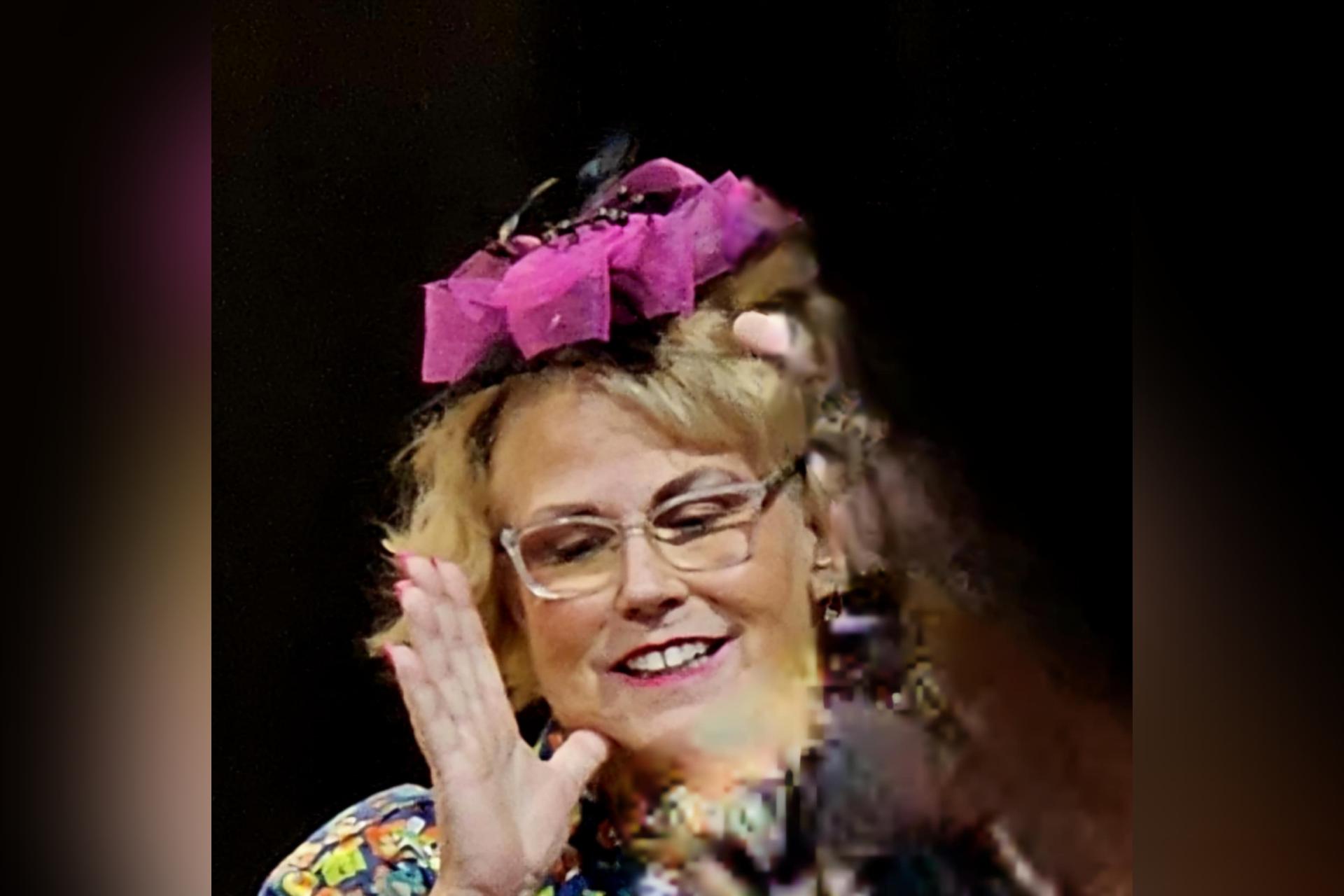BUCKHANNON – In the early morning of March 8, 2018, then-65-year-old Timothy Allen McWilliams awoke suddenly to the sight of his father, the late Leo McWilliams, standing over him holding a knife.
According to Upshur County Prosecuting Attorney David Godwin, 84-year-old Leo, who was suffering from an advanced stage of Alzheimer’s Disease, mistakenly believed his wife was having an affair with another man and had recently been “demanding to know who it was.”
On the morning of his death, Leo reportedly walked into McWilliams’ bedroom, woke him up and began making accusations. He also cut his son’s arm with one of two knives he’d brought into the bedroom, Upshur County Prosecuting Attorney David Godwin told 26th Judicial Circuit Judge Kurt Hall Thursday afternoon during McWilliams’ pretrial hearing in Upshur County Circuit Court.
McWilliams then allegedly took the knife from his father, pushed him to the ground and cut his throat, which resulted in Leo McWilliams’ death.
McWilliams was arrested the same day, and in January of this year, he was indicted on one felony count of first-degree murder and has been held without bond at the Tygart Valley Regional Jail.
However, specifics surrounding events that led up to the death of Leo McWilliams hadn’t been made public until Thursday, when, during his pretrial hearing, McWilliams entered a Kennedy plea to the lesser charge of voluntary manslaughter, a felony.
A Kennedy plea – derived from the W.Va. Supreme Court of Appeals ruling in Kennedy vs. Frazier – allows a defendant to plead guilty without admitting guilt. Instead, the defendant concedes the prosecution has sufficient evidence to convict her or him of a crime.
In the case of Kennedy pleas, the prosecuting attorney must outline the factual basis for a guilty plea, as Godwin did when he described the events leading up to McWilliams’ death.
Godwin said on March 8, 2018, McWilliams “awoke to pain and somebody being angry and yelling at him” some time between 6-7 a.m.
He went on to say the state believed Leo McWilliams had carried two knives into McWilliams’ bedroom. When police and EMS arrived on scene, they discovered Virginia McWilliams, Leo’s wife and Timothy’s mother, cleaning blood off two knives in the kitchen of the home the three shared.
“Upstairs was Mr. (Timothy) McWilliams and the victim (Leo McWilliams),” Godwin recounted. “Leo was dead at that point, lying on the floor face down.”
Law enforcement observed a wound on McWilliams’ arm and blood spattered on the stairway leading down from the second floor. McWilliams was, at that point, taken into custody, Godwin told Hall.
McWilliams entered the plea to the voluntary manslaughter charge, which Hall took under advisement, saying he needed to collect more information before deciding whether to accept the plea.
The penalty for a conviction of voluntary manslaughter is imprisonment for three to 15 years in a state correctional facility.
McWilliams and his attorney, Dennis Willett, also requested that a pre-sentencing report/investigation be performed and said McWilliams had agreed to a undergo a 60-day diagnostic evaluation within a separate unit of the W.Va. Division of Corrections.
Godwin said he wanted to state publicly that he believed the resolution was a fair one and he “hadn’t been talked down” by Willett.
“I made this offer after a lot of deliberation with my staff,” Godwin said. “I believe this is a fair result. Typically, in the case of a Kennedy plea, defendants don’t want to say what they did outright, but in this case, Mr. McWilliams was very forthright from the beginning. We don’t know a whole lot beyond what I told you and what we could confirm as far as physical evidence.
“What level of homicide you believe occurred boils down to what you believe was in the head of Timothy McWilliams from the brief period of time from when he was woken up by his father [to when he stabbed his father’s throat.]”
Godwin said he didn’t believe an element of premeditation was involved – necessary for a conviction of first-degree murder – or of malice.
At that point, Hall interjected to say it seemed apparent there was “some degree of overkill” on the part of McWilliams.
“I have some understanding there was some overkill,” Hall said.
Godwin said he believed the killing resulted from a “sudden quarrel.”
However, self-defense didn’t seem to him a viable defense either, since, “at the time of the actual killing, the victim was an older, much more feeble man,” Godwin said.
McWilliams’ claim that his father, Leo McWilliams, had made false accusations against him that morning was “very believable,” the prosecuting attorney said.
“Leo McWilliams had accused other people in the neighborhood,” Godwin said.
“That’s how dementia sometimes manifests itself, with delusions,” Hall replied.
Hall said although the plea agreement appeared to be sound and logical, he wanted more time to deliberate.
“I don’t find any fault with the agreement,” Hall said. “I want to slow it down, and I want to make sure I have as much information as possible.”
The judge took the plea under advisement, and a sentencing hearing has been set for 2 p.m. July 3.
Willett told Hall that McWilliams’ family had been supportive of him. He also noted his client believed pleading to voluntary manslaughter, which carries a possible three-to-15-year sentence, “is probably the best resolution, given his age.”
“If he gets any more [time] than this, it might be a life sentence for him,” Willett said.
Following the hearing, Willett said he believed the resolution was appropriate, given the circumstances.
“There was no malice involved, so it wasn’t a malicious killing,” he said. “Based upon what the facts are that Mr. Godwin laid down, there was an open area there for the jury to interpret whether or not this was an intentional, thought-about time because, again, premeditation doesn’t require a whole lot of time to think about it, so we felt the jury had a whole gamut to operate therein.
“But more appropriately, when you look at this thing, we felt that at worst, this was an unfortunate death resulting from actions both parties [took]. It wasn’t an intentional act or pre-planned killing.”
Willett said the 60-day diagnostic period would determine McWilliams’ fate as far as what type of psychological treatment he might require and what type of facility he could be housed in and would also serve as a measure of his likelihood to reoffend.
During the pretrial hearing, Godwin said McWilliams had previously been diagnosed with schizophrenia.
Willett also note the family’s support of Timothy McWilliams.
“I met with them all at the outset of the thing, and they all stood behind him,” he said. “It’s a real tragedy how this all played out. They knew their father’s dementia was progressing, and I think what happened was this came to a head just before they were about to say, ‘We need to get dad into a new place because he’s starting to get worse.'”






















